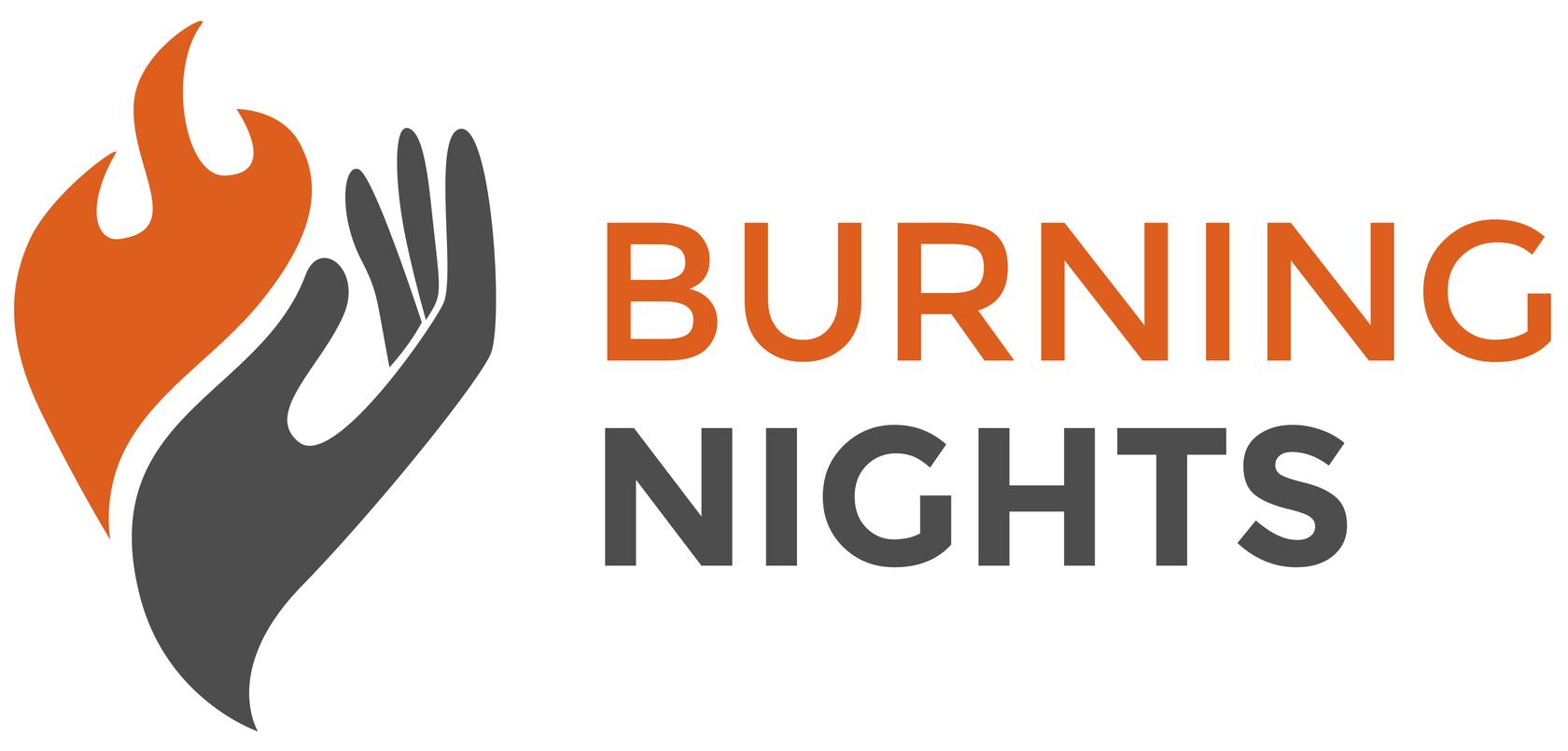 It’s World Wellbeing Week – 26 June to 2 July 2023! Laughter and humour are potent tools that can significantly impact our wellbeing, according to research conducted by the University of Warwick.
It’s World Wellbeing Week – 26 June to 2 July 2023! Laughter and humour are potent tools that can significantly impact our wellbeing, according to research conducted by the University of Warwick.
Professor Dr Stephanie Schnurr and Yanyan Li, at the University of Warwick’s Department for Applied Linguistics, have shown how laughter and humour can be incorporated into our lives to achieve greater wellbeing.
Their research studies on laughter and humour in both the workplace and in health-related circumstances show that they possess remarkable properties that can alleviate worry, diminish feelings of isolation, and instil a sense of control over one’s mental and emotional state, acting as a natural pressure value.
Professor Dr Stephanie Schnurr, Applied Linguistics at the University of Warwick says, “Laughter is an important channel to express feelings, show appreciation and create a positive atmosphere. Similarly, by embracing humour, individuals can find solace and resilience in the face of adversity.”
Laughter and humour play a crucial role in enabling individuals to cope with novel and potentially overwhelming situations, and to create healthy and happy relationships. Humour provides an avenue to express the unsayable, allowing individuals to discuss topics around social, economic and environmental issues that are typically considered taboo, such as financial issues, mental wellbeing and death.
Here are five ways laughter and humour can benefit wellbeing:
- Helps us look on the brightside: Laughter and humour can be incredibly effective tools for providing a mental break from life’s challenges. They allow individuals to adopt a more light-hearted viewpoint towards their circumstances. By finding humour, and even laughing in difficult situations, we can remind ourselves and those around us that the situation may not be as bad as we think. Laughing at disagreements and troubles among colleagues at work, for example, helps them to overcome these issues and lays the foundation for more productive and collaborative working together.
- Take back control: Laughter has the remarkable ability to empower us and give us a sense of control, transforming us from feeling like helpless victims to individuals in charge of our situations. Laughing at and making fun of one’s outsider status in a work team is another example of this powerful function of humour. By embracing the power of humour and laughter, we’re able to navigate challenges with confidence. Moreover, laughter serves as a valuable outlet for emotional expression, promoting overall mental and emotional wellbeing.
- Release our stress values: Humour, especially when used with irony and sarcasm, plays a crucial role as a release valve, enabling individuals to effectively relieve stress and tension. By embracing the power of laughter, we find a much-needed outlet to lighten the weight of everyday challenges. Engaging in humorous exchanges allows us to temporarily detach from the seriousness of life and work, offering a momentary respite and a fresh perspective.
- Change our perspective: Humour is a powerful tool that can challenge and change the way we think about issues that impact our well-being. It can change the way we see things and offer new ideas. In the medical context, humour is often used to put patients at ease, and used to tackle difficult or sensitive conversations, for example on their unhealthy lifestyle, and their lack of engagement with the prevention and treatment plan.
Professor Stephanie Schnurr adds, “Humour creates a new version of reality that is easier to live in, less scary, and less likely to cause fear. Used by women in male dominated professions to make fun of their outsider status, humour enables them to criticise and challenge the status quo without putting others off or offending them. Humour can also help people criticise their boss and communicate alternative views without running the risk of being shot down for disagreeing with the boss.”
- Bring people together: Laughing and having a sense of humour can help bring people together and build positive relationships. In the workplace, this is particularly useful in job interviews where creating a good relationship with the interviewers and signalling belonging are important for success. Although making fun of and laughing at someone could be hurtful, laughing with (rather than at) can show that you understand and like your colleague, and it can make both of you feel better and happier.
Yanyan Li, PhD student, Applied Linguistics at the University adds, “Sharing a laugh is an excellent way to display affiliation and togetherness. Especially in a workplace context where often expectations and pressures are high, humour and laughter are useful tools to improve wellbeing and to make our own – and our colleagues’ lives – a little more enjoyable.”
World WellBeing Week returns on 26 June to 2 July 2023 to celebrate the many aspects of wellbeing, from meaningful, purposeful work to financial security, physical, mental and emotional health, social resilience and empathic corporate and civic leadership, community relations and care for the environment.













